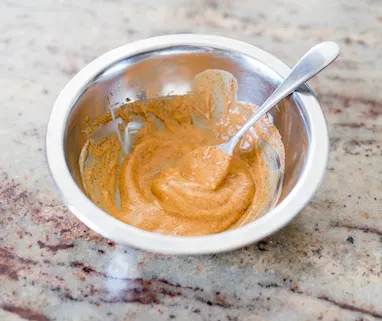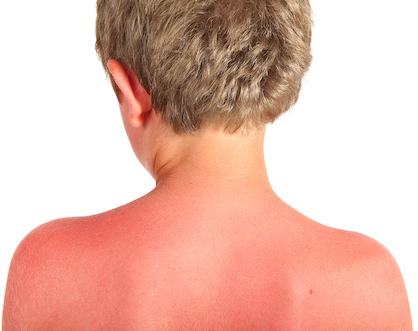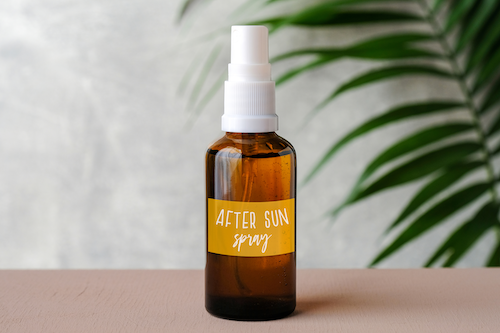Vitamin D, sometimes referred to as the sun vitamin, is readily available by simply soaking up some rays. So then why are so many people vitamin D deficient? Read on to find out the health benefits of vitamin D and how to ensure that you are getting your fair share.

What is Vitamin D and Where Do We Get it?
Vitamin D is available as vitamin D2 or D3, and the difference really is just the source. Plants manufacture D2, which is the type that’s added to fortified dairy products, bread, cereal, etc. In contrast, D3 comes from animal products, and resembles that which our bodies naturally manufacture through sunlight exposure.
Despite the name, vitamin D is actually a pro-hormone, not a vitamin. Vitamins are nutrients that our bodies do not create. Therefore, we must include these in our diet. Our bodies synthesize vitamin D when our skin is under the influence of ultraviolet light from the sun.
Traditionally, human vitamin D synthesis begins in the integumentary system (the skin), not in the digestive system. About 50-90% of vitamin D results from exposure to sunlight, and the remainder comes from our diet. Because most human diets contain insufficient vitamin D, supplementation is necessary.
Good food sources of vitamin D include egg yolks, fatty fish (like tuna, mackerel, sardines, and salmon), fortified dairy products, and beef liver. Most people do not consume enough of these foods and enjoy enough natural sunlight to supply their body’s need for vitamin D. In fact, vitamin D deficiency is a global epidemic.

Why We Need it
Calcium Absorption
Most people are aware of the necessity of vitamin D for healthy bones and teeth. This misnamed vitamin is actually the hormone calcitriol (1,25 dihydroxyhydroxyvitamin D) and has a regulatory role in calcium metabolism, as well as in the immune system. Vitamin D enhances absorption of calcium in the small intestine by converting regions of net secretion of calcium in the ileum and colon. Taking vitamin D with calcium is a great way to ensure that our bodies can metabolize and absorb calcium.
Immune System Health
Vitamin D dramatically stimulates the expression of potent anti-microbial peptides, which play a major role in protecting us from infection. Decreased sunlight during winter months results in lowered levels of vitamin D. As a result, seasonal illnesses such as the flu increase.
Immune cells (B cells, T cells, monocytes, DCs) from multiple autoimmune diseases respond to the immunomodulatory effects of vitamin D. In addition to increased susceptibility to infection, deficiency in vitamin D is associated with increased autoimmunity.
Historically, physicians used vitamin D to treat infections such as tuberculosis before the advent of antibiotics. Tuberculosis treatment included exposure to sunlight, which physicians believed to directly kill the tuberculosis. They also used cod liver oil, a rich source of vitamin D, as a treatment for tuberculosis as well as for general increased protection from infections.
Modulating Mood

The winter blues is a real thing. Especially in geographic regions with low levels of sunlight during winter months, Seasonal Affective Disorder (SAD) affects up to 14% of Americans each year. This incidence is even higher in more northern countries. Research examining the relationship of vitamin D to various mood disorders suggests that vitamin D plays a key role in reducing the occurrence of SAD, schizophrenia, depression, and other mood disorders.
The association of vitamin D and mental disorders is not clearly understood. There are vitamin D receptors in the hypothalamus, which are important in neuroendocrine function and brain development. Regardless of how it works to alleviate depression and other neurological disorders, it appears as though it does.
Weight Loss
There is a correlation between obesity and chronic inflammation. Increasing evidence indicates that vitamin D has anti-adipogenic activity and immunoregulatory effect that act synergistically to reduce levels inflammation. Patients who include vitamin D supplementation with a healthy weight loss regime experience more weight loss than those with lower levels of vitamin D.

Hormone Health
Because vitamin D is actually a hormone, it also plays a key role in endocrine homeostasis, or hormone balance, especially in women. A study found a direct correlation to vitamin D levels and estradiol, which is a form of estrogen. Regulation of estrogen levels may encourage normal menstrual cycles and ease the symptoms of menopause, as well as prevent some types of cancers.
Are You Deficient?
A few symptoms of vitamin D deficiency include
- Weakened immune system: getting sick easily or often
- Frequent bone breakage or weakness
- Fatigue
- Chronic pain or weakness (often in your bones)
- Depression
If you are experiencing any of these symptoms or suspect that you are not getting enough vitamin D, it may be a good idea to talk to your provider about supplementing vitamin D.
Choosing a Vitamin D Supplement
When it comes to selecting a supplement, you’ll come across vitamin D2 (ergocalciferol) and D3 (cholecalciferol). Vitamin D2 comes from plant sources, while D3 comes from animal sources. Your body absorbs both nutrients into the bloodstream, but the liver metabolizes them differently. Studies show that D3 supplements are far more effective at raising a person’s serum 25-hydroxyvitamin D concentrations.

The most common source of D3 is sheep’s wool. Yes, you heard that right; sheepskin naturally produces lanolin as a water-resistant layer to their wool coats. Sheep-based forms of vitamin D are cheap to produce and easily absorbed by our bodies.
Another, newer option is vitamin D3 from lichen. This is unique because other plant sources of vitamin D result in D2. Lichen, a moss-like organism that is something of a cross between a fungus and algae, lack metabolizing enzymes that cause the degradation of vitamin D3. This is great news for vegetarians, vegans, animal welfare activists, and anyone else who finds the idea of ingesting sheep oil unappealing.
Looking for more ways to strengthen your immune system? Check out this post, 7 Ways to Naturally Boost Immunity.
Want even more great health and wellness education? Come Join Wellness Made Simple!














